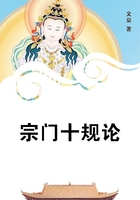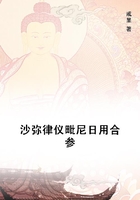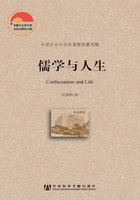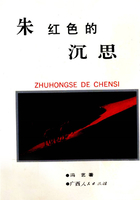For the real problem to be solved is this: How shall the higher education in different fields be brought within reach of the young men and women best fitted to acquire it, to profit by it, and to use it to best advantage? Any one acquainted with American schools and universities knows that the vast majority of these young people best fitted to profit by higher education come from the families of small means. What does gratuitous instruction in the university offer them? Merely a remission of instruction fees, which, after all, are but a small part of the necessary expenses of a university course. With many of these young persons--probably with most--a mere remission of instruction fees is utterly insufficient to enable them to secure advanced education. I have alluded to the case of President Cleveland, who, having been well fitted for the university, could not enter. His father being a country clergyman with a large family and small means, the future Chief Executive of the United States was obliged to turn aside to a teacher's place and a clerkship which afforded him a bare support. At the Hamilton College commencement a few years since, Mr. Cleveland, pointing to one of the professors, was reported as saying in substance: ``My old school friend by my side is, of all men, the one I have most envied: he was able to buy a good edition of Vergil; I was not.''
It would not have been at all difficult for him to secure a remission of instruction fees at various American colleges and universities; but the great difficulty was that he could not secure the means necessary for his board, for his clothing, for his traveling expenses, for his books, for all the other things that go to make up the real cost of life at a university. I can think of but one way, and that is, as a rule, to charge instruction fees upon the great body of the students, but both to remit instruction fees and to give scholarships and fellowships to those who, in competitive examinations and otherwise, show themselves especially worthy of such privileges. This is in conformity to the system of nature; it is the survival of the fittest. This was the main reason which led me to insert in the charter of Cornell University the provision by which at present six hundred students from the State of New York are selected by competitive examinations out of the mass of scholars in the public schools, and to provide that each of these best scholars shall have free instruction for four years.
But this was only a part of the system. From the first I have urged the fact above mentioned, namely, that while remission of instruction fees is a step in the right direction, it is not sufficient; and I have always desired to see some university recognize the true and sound principle of free instruction in universities by CONSECRATING ALLMONEYS RECEIVED FROM INSTRUCTION FEES TO THE CREATIONOF COMPETITIVE SCHOLARSHIPS AND FELLOWSHIPS, EACH OF WHICHSHALL AMOUNT TO A SUM SUFFICIENT TO MEET, WITH ECONOMY, THELIVING EXPENSES OF A STUDENT. This plan I was enabled, in considerable measure, to carry out by establishing the competitive scholarships in each Assembly district; and later, as will be seen in another chapter, I was enabled, by a curious transformation of a calamity into a blessing, to carry it still further by establishing endowed scholarships and fellowships. These latter scholarships, each, as a general rule, of two hundred and fifty dollars a year, were awarded to those who passed the best examinations and maintained the best standing in their classes; while the fellowships, each of the value of from four to five hundred dollars a year, were awarded to the seniors of our own or other universities who had been found most worthy of them. In the face of considerable opposition I set this system in motion at Cornell; and its success leads me to hope that it will be further developed, not only there, but elsewhere. Besides this, I favored arrangements for remitting instruction fees and giving aid to such students as really showed promising talent, and who were at the time needy. To this end a loan fund was created which has been carefully managed and has aided many excellent men through the university courses.[7] Free instruction, carried out in accordance with the principle and plan above sketched, will, I feel sure, prove of great value to our country. Its effect is to give to the best and brightest young men, no matter how poor, just the chance they need; and not as a matter of charity, but as a matter of wise policy. This is a system which I believe would be fraught with blessings to our country, securing advanced education to those who can profit by it, and strengthening their country by means of it.
[7] It has since been greatly increased by the bequest of a public-spirited New York merchant.
On the other hand, the system of gratuitous remission of instruction fees to all students alike, whether rich or poor, I believe to be injurious to the country, for the following reasons: First, it generally cripples the insti-tution which gives it. Two or three large institutions which have thought themselves in possession of endowments sufficient to warrant giving gratuitous instruction have tried it, but as a rule have not been able to go on with it, and have at last come to the principle of charging moderate fees. Secondly, it simply makes a present of a small sum to a large number of young men, most of whom neither need nor appreciate it, and who would be better for regarding their university instruction as something worth paying for.
But my main objection to the system of indiscriminate gratuitous instruction is that it does the country a positive injury in drawing away from the farms, workshops, and stores large numbers of young persons who would better have been allowed to remain there; that it tends to crowd what have been called ``the learned professions''

